
Landing a job interview is exciting, but let’s face it, prepping for one can feel like gearing up for a battle. Don’t worry, though—we’ve got your back! This list will help you through everything you need to do to impress your future employer and secure that dream job. With a mix of practical advice and a dash of inspiration, you’ll be more than ready to tackle any interview.
Research the Company
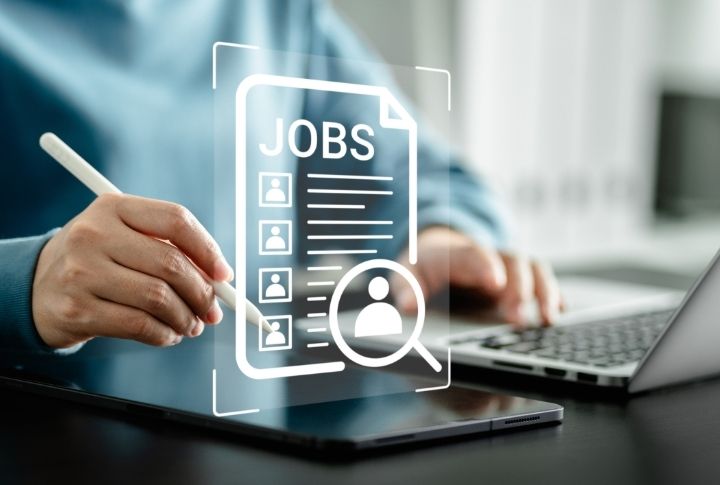
Before your interview, spend time researching the company. Understand its mission, values, and recent achievements. Explore their website, read news articles, and check their social media profiles. This insight will help you tailor your responses and show that you’re genuinely interested in the organization. Plus, it will give you a sense of the company culture and whether it aligns with your values.
Understand the Job Description
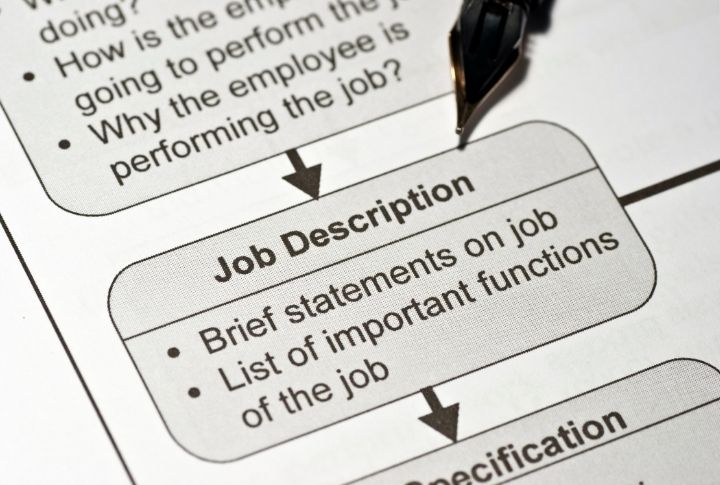
Thoroughly read the job posting to grasp the essential responsibilities and required skills. Highlight the areas where your experience matches their needs. Think of specific examples from your past work that demonstrate these skills. By doing so, you articulate your qualifications clearly during the interview. Knowing the job description inside out also prepares you for any questions about your suitability.
Prepare Your Resume and Cover Letter
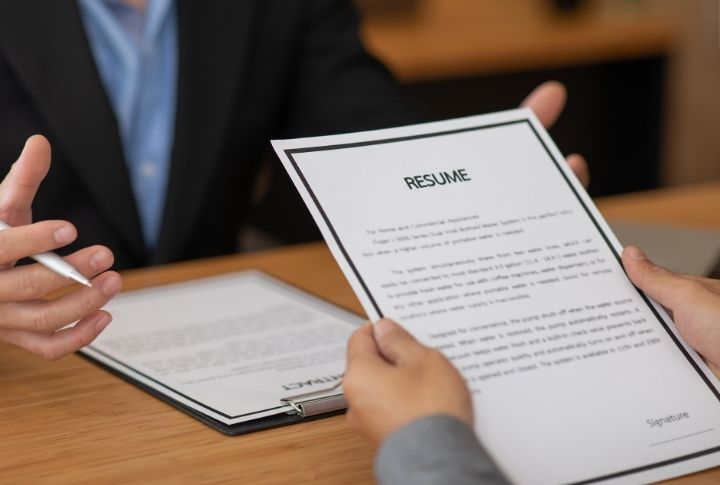
Ensure your resume and cover letter are written explicitly in line with the job you’re applying for. Highlight relevant experience, skills, and accomplishments. Quantify your achievements using specific metrics and results. Review these documents multiple times for errors and clarity. A polished resume and cover letter can make a powerful first impression.
Practice Common Interview Questions

Familiarize yourself with the most common interview questions, such as “Tell me about yourself,” “Why do you want to work here?” and “Where do you see yourself in five years?” Prepare thoughtful and succinct responses to these questions. Use the STAR method (Situation, Task, Action, Result) to design your responses and provide concrete examples. Practicing these answers helps you communicate more clearly and confidently.
Dress Appropriately
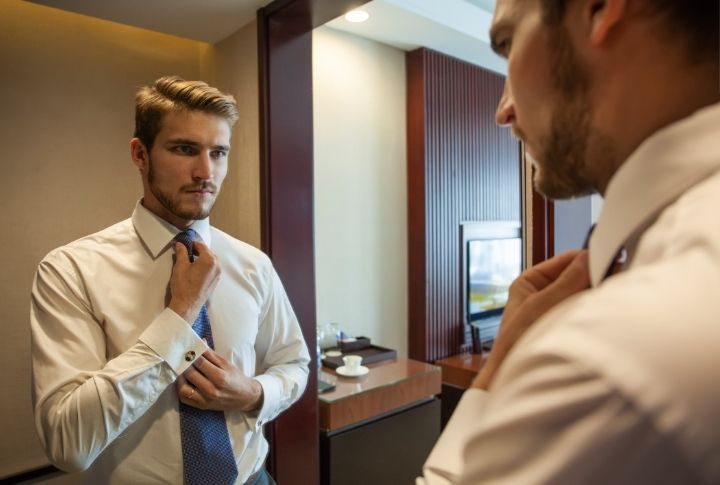
First impressions matter, so choose a professional and appropriate outfit for the company’s dress code. If you are unsure, it’s better to be slightly overdressed than underdressed. Ensure your clothes are sparkling clean, ironed, and fit well. Your dress should make you feel comfortable and confident, allowing you to focus on the conversation rather than worrying about your appearance.
Prepare Your Documents
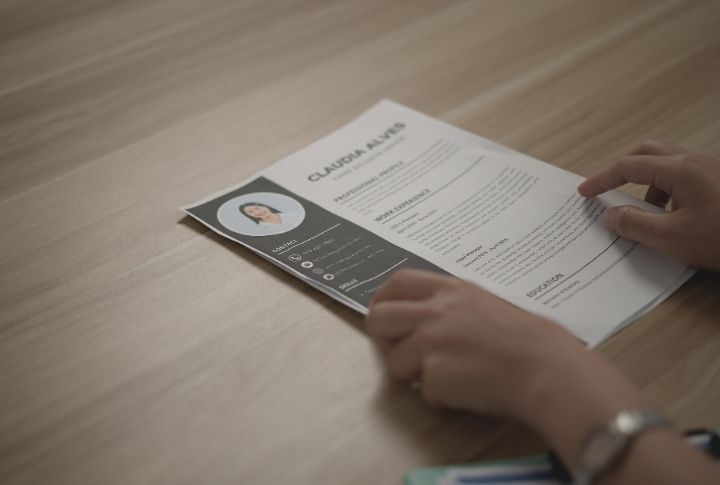
Gather all necessary documents, such as your resume, cover letter, and certificates or portfolios. Print multiple copies to bring with you to the interview. Arrange them properly in a folder or portfolio case. Having these documents on hand shows your preparedness and allows you to reference them quickly during the discussion.
Plan Your Journey

Ensure you know the interview location and how to get there. Plan your route and account for potential delays, aiming to arrive 10-15 minutes early. Test your technology in advance to avoid technical issues if it’s a virtual interview. Being punctual shows your professionalism and regard for the interviewer’s time.
Practice Good Body Language

Your body language reflects your confidence and attitude. Maintain good posture, like sitting up straight, making eye contact, and offering a firm handshake. Avoid crossing our arms or fidgeting during the interview. These non-verbal cues can help establish a positive connection with your interviewer. Remember to smile and show enthusiasm.
Listen Actively

Active listening is crucial in an interview. Pay close attention to the interviewer’s questions and comments. Nod and show acknowledgment, and don’t interrupt while they are speaking. It demonstrates respect and engagement. After they finish, take a moment to formulate your response thoughtfully. Active listening can enhance more meaningful and accurate answers.
Highlight Your Achievements

Be ready to discuss your past achievements and how they relate to the job you’re applying for. Use precise examples that demonstrate your skills and accomplishments. This will give the interviewer a clear picture of your capabilities. Highlighting your achievements can help differentiate you from other candidates. Remember to be humble yet assertive.
Know your Strengths and Weaknesses

Take time to assess your strengths and aspects where you can improve your knowledge or skills. Embrace opportunities for growth and demonstrate a proactive attitude toward self-improvement during the interview. By showing self-awareness and a willingness to evolve, you present yourself as a valuable asset to any organization.
Stay Positive

Infuse your demeanor with positivity throughout the interview process, from the moment you step into the building to the final handshake. Maintain an upbeat attitude, exuding confidence and enthusiasm. Your positive energy makes a memorable impression and sets the tone for a productive and interesting conversation with your interviewer.
Follow Up After the Interview
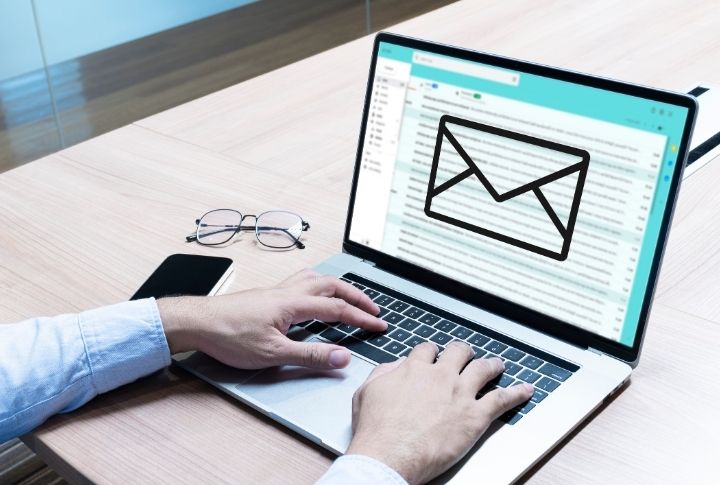
After the interview, take the time to send a heartfelt thank-you email to your interviewer within 24 hours. Personalize the message, expressing gratitude for the opportunity to discuss the role and emphasizing your enthusiasm for the position. This simple gesture demonstrates professionalism and appreciation and reinforces your interest in the company and the role.
Reflect on Your Performance

After the interview, take some time to reflect on your performance. Consider what went well and what could be improved for future interviews. Self-reflection often helps you recognize areas for growth. Use this feedback to enhance your preparation for subsequent interviews. Continuous improvement is vital to interview success.
Stay Patient and Persistent

The hiring process can take time, and it’s essential to stay patient. Continue applying to other positions and preparing for future interviews. Persistence shows determination and resilience. Keep improving your skills and expanding your network. Keep in mind that each interview is a step closer to landing your dream job.


Comments
Loading…